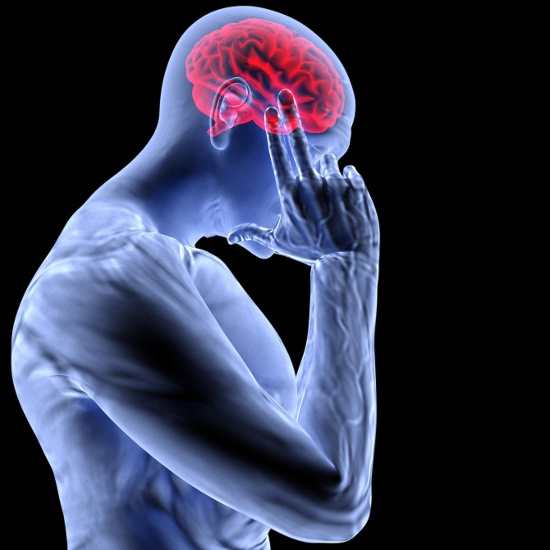New invention helps diagnose Alzheimer's early
A new software called PredictAD, developed by the Finnish Technical Research Center, promises to allow early diagnosis of Alzheimer's disease, based on measurements of brain power and storage databases. other.
The Alzheimer's Journal of the Alzheimer's Association published in November 2012 published a new study, developed by the Finnish Technical Research Center (VTT) and the Royal College of London, available. called PredictAD , allows early detection of Alzheimer's disease with reliable accuracy (compared with clinical diagnosis).
This software essentially stores a large database of information collected and researched on the records of hundreds of patients with memory problems.
By comparative analysis, machine systems that use this software will reflect the patient's status through a series of mathematical indicators and graphic images, allowing for 'reading' of the risk. disease of people who conducted the test from 9 months to 1 year before.

Alzheimer's disease - the main culprit causing mental decline
Prior to this software, the diagnosis of Alzheimer's disease was mainly based on clinical and neurological psychology tests, along with magnetic resonance imaging (MRI). This clinical examination is usually delayed, and on average it takes about 20 months to detect the disease.
Early diagnosis of Alzheimer's disease plays a small role in delaying the mechanism of development and slowing the progression of the disease. From a clinical research point of view, early diagnosis of diseases, combined with new scientific care methods, will help reduce pain and create conditions for patients to be treated and cared for more effectively.
VTT said it will continue to invest a large amount of money to replicate the number of clinics that support this test device, to diagnose not only Alzheimer's disease, but also other diseases that are likely to reduce mental health .
Alzheimer's Association reports that Alzheimer's is the most common cause of dementia in humans, and the disease has no reduced mortality.
It is estimated that in 2010, about 35.6 million people worldwide are living with Alzheimer's, and it is expected that this number will increase to 65.7 million by 2030.
This situation naturally leads to the consequence: humanity has to spend a huge expense for treating this disease. In 2010 alone, the world spent about $ 604 billion on Alzheimer's treatment, of which about 70% of the costs were made in North America and Western Europe. The cost of treating this dreaded disease also accounts for about 1% of the world's gross domestic product (GDP) combined.
- Electronic nose helps to diagnose cancer early
- Use nano sensors to diagnose cancer early
- Saliva test helps diagnose HIV / AIDS
- New tests help diagnose liver cancer early
- Early diagnosis device
- Special invention helps impressive weight loss
- Ultrasound can early diagnose uterine cancer
- Eye examination helps diagnose multiple sclerosis
- Glowing cells in jellyfish diagnose cancer early
- Invention helps blind people see with their fingers
- New method of early diagnosis of pancreatic cancer
- 11 inventions were born early but until now it has been popular
 Daily use inventions come from universities
Daily use inventions come from universities Special weight loss device helps prevent appetite
Special weight loss device helps prevent appetite 8 inventors were killed by their own inventions
8 inventors were killed by their own inventions Iran invented a motor car powered by water
Iran invented a motor car powered by water